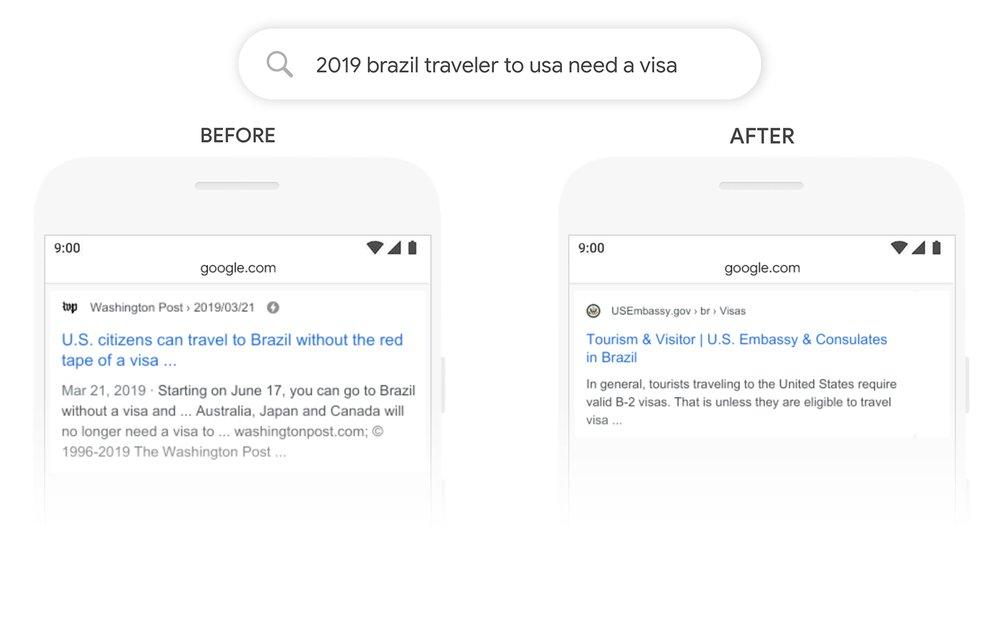What You Need to Know About Google’s BERT Update
Earlier this week, Google began to roll out an algorithm update so significant that Google themselves described as “the biggest leap forward in the past five years, and one of the biggest leaps forward in the history of Search.”
“BERT is an advancement in the way natural language processing can be handled so that a machine learning model can be easily and quickly trained by users without expertise in linguistics and data science. In fact, this technology makes building a question and answer solution very easy for businesses, schools, government and other community organizations of all sizes.”
– Christopher Larkin, Director of Online Advertising, Arcalea.
Today, we want to breakdown the update so that you know exactly what the update does and how it will impact your SEO efforts.
What is the Google BERT update?
The Google BERT update will change how Google interprets the intent behind queries, using advanced neural networking methods. Once the update is completely rolled out, Google will be able to better understand specific queries and serve more accurate results.
BERT stands for Bidirectional Encoder Representations from Transformers. It is a neural network-based technique for natural language processing. Google open-sourced BERT last year, so you can learn more about how it works in this Google AI blog post.
How does the Google BERT update work?
BERT allows anyone to develop their own question answering system. The technology is based on Google’s research with transformers, which are models that can interpret words as they relate to other words in the sentence (as opposed to analyzing each word individually).
Google offers the example query, “2019 brazil traveler to usa need a visa.” In this query, the term “to” is vital to understanding the intent of the user. While previous results would only focus on the keywords “2019, brazil, usa, and visa”, the BERT update will help Google understand that the user specifically requires results about traveling to the United States.

This example only scratches the surface of BERT’s capabilities. The new update will have a profound impact on many other keywords, depending on the full search query.
How will Google BERT affect my SEO?
Google’s BERT update began rolling out this week and will be completed within a few days. For now, the update only affects English queries but other languages will be added soon. The update is already in place for featured snippets.
Fortunately, Arcalea does not expect any website to be penalized after the update. Instead, it focuses on improving the search engine’s ability to understand intent. Google estimates the update will impact 1 in 10 queries, so there’s a fair chance your website may be affected if you rank high for certain keywords. Websites with poorly written web pages or stuffed keywords will, however, rank less favorably moving forward.
How can I optimize for Google BERT?
There is no direct way you can optimize directly for BERT (at least not in any way that marketers or SEOs have discovered yet).
Instead, it will become increasingly important to write for human audiences and not only search engines. That means using natural language, including semantically relevant keywords, and providing value to your users or readers.
BERT is not the first time Google updated its algorithm this year. The last update we covered was back in June.
Arcalea will continue to monitor how BERT affects search traffic and provide updates as necessary. For more news on Google’s algorithm updates as well as how these updates affect SEO strategy, visit Arcalea’s blog today.















![Toni Kroos là ai? [ sự thật về tiểu sử đầy đủ Toni Kroos ]](https://evbn.org/wp-content/uploads/New-Project-6635-1671934592.jpg)


